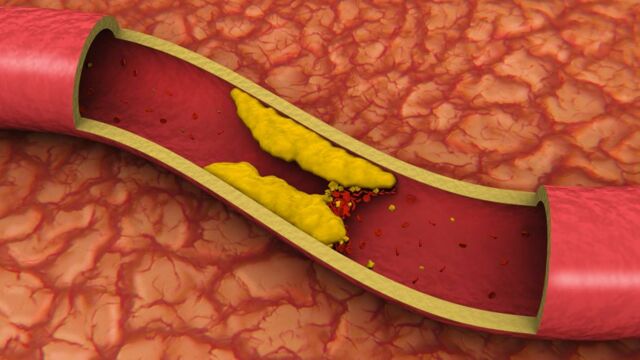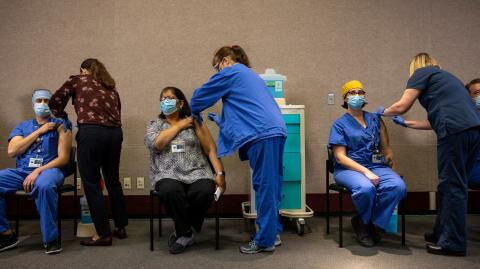There has been much ado about something. The AstraZeneca vaccine has been at the forefront of COVID vaccine discussions for a fair few months now. The main point of contention has been alleged cases of thrombosis in patients following the injection of a dose.
Discover our latest podcast
But, you might wonder what even is thrombosis. Here’s what you need to know.
A blood disorder
At its most basic, thrombosis is a blood clot. Seems harmless? Not when it happens in the middle of an important blood vessel. The clot causes a total or partial obstruction of the blood flow when it gets stuck. The pressure then exerted on it may cause the blood vessel’s diameter to shrink. This is painful. Very painful. It is then followed by swelling of the area, oedemas and a feeling of warmth. There are also different kinds of thrombosis depending on the area. Venous thrombosis most often affects the lower limbs, where the heart has the most trouble drawing blood back up.
But what if thrombosis happens near major organs, and blocks the passage of oxygenated blood? Arterial thrombosis, for example, can happen if coronary arteries (heart arteries) are hit, causing potential heart infections. Vein blockages near the lungs will lead to pulmonary embolisms. And almost worst, if a brain artery is affected, then it just becomes a straight up stroke.
To note, thrombosis famously affects women at greater rates. While men are naturally more affected by Deep-Vein Thrombosis, the widespread usage of the contraceptive has the tragic side-effect of dramatically increasing thrombosis risks.
The link with the vaccine?
Well, since the AstraZeneca vaccine started being approved across the world in early 2021, there have been some reports of thrombosis following dose injections. See, this vaccine is a little different from its competitors. It’s cheaper, easier to make, and to distribute, and more importantly, it relies on different technology.
mRNA vaccines use light gene therapy, introducing some genetic code that tricks the body into producing COVID antibodies. The AstraZeneca virus, meanwhile, is much closer in function to regular vaccines. It uses a harmless, modified version of the common cold virus to make your body fight a false infection, giving the immune system the training it needs to fend off COVID.
Over-reaction from governments?
This technical difference has led to more scrutiny, which tends to over-exaggerate data pieces. For example, as of March 11, just 30 cases of thrombosis were reported out of the nearly 5 million vaccinated people in Europe alone. The European Medicines Agency even reported that this fell withinthe regular amount of cases to be expected in general population. The very next day, the WHO stated that they weren’t seeing a link, and that vaccinations should continue.
But following the trauma of 2020, people and governments have gotten extremely suspicious of biological agents. So, there was a rash of national bans on this vaccine during March. While there isn’t any proof of wrongdoing so far, it is human nature that people will remain suspicious this medicine.















